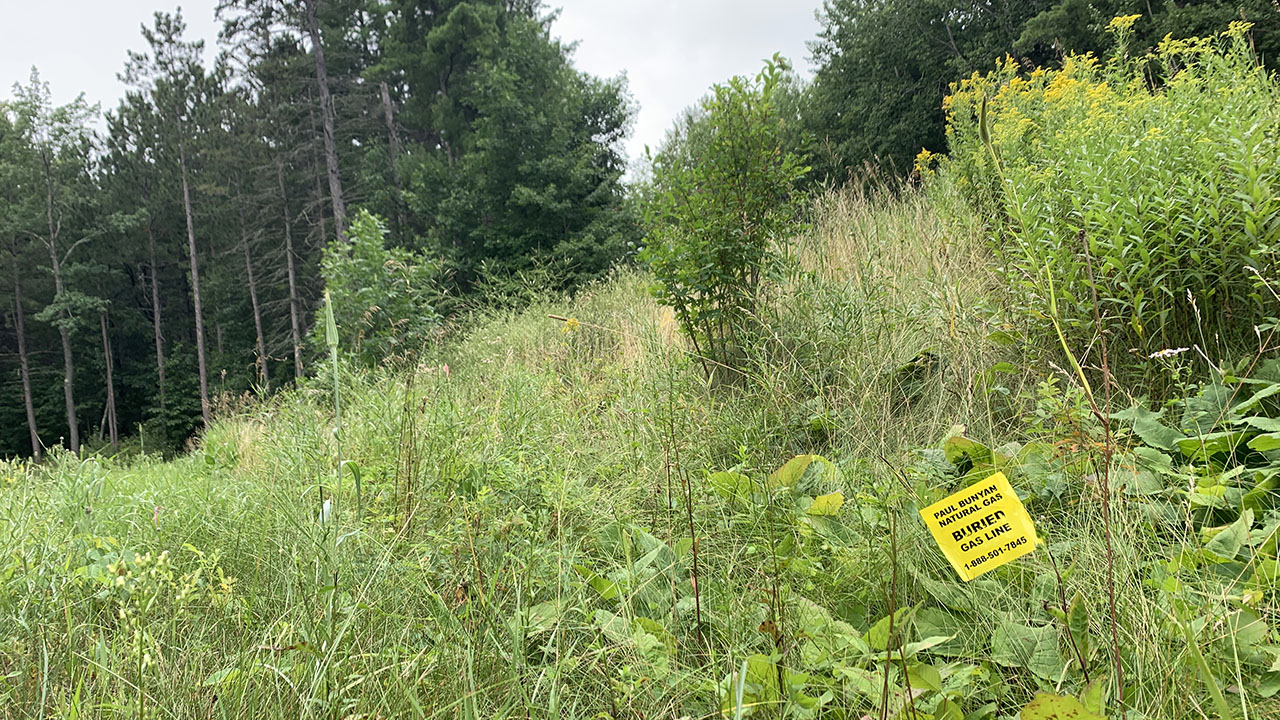
To achieve a carbon-neutral economy we need to move beyond fossil gas for home heating, industrial processes, and other uses. The bipartisan Natural Gas Innovation Act (NGIA) is helping Minnesota take an important step toward reducing climate change and pollution-causing emissions by creating a pathway for gas and dual-fuel utilities to explore opportunities to transition away from fossil fuels.
NGIA became law in June 2021. Its passing prompted a series of new dockets at the Minnesota Public Utilities Commission. The first docket (21-566) aimed to establish a clear framework (or “rules of the road”) for future “NGIA plans” filed by gas utilities. On this docket, Fresh Energy and our partners urged the Commission in our public comment to include pathways for strategic electrification and energy efficiency as part of the solution. The Commission approved this regulatory framework in a June 2022 order and will be holding a follow-up hearing on this docket in September 2022. We expect that utilities will file their first NGIA plans in early 2023.
The second, broader proceeding is Docket 21-565, known as the “Future of Gas” docket, that looks at the future of gas in Minnesota. Specifically, the Commission will be looking at policy and regulatory changes needed to meet or exceed the state’s climate goals. On September 2, 2022, Fresh Energy along with our partners at Citizens Utility Board of Minnesota (CUB Minnesota), Comunidades Organizando el Poder y la Acción Latina (COPAL-MN), Minnesota Center for Environmental Advocacy, RMI, and Sierra Club filed our first public comment (view it here) on this docket proposing a three-phase roadmap for the future of gas in Minnesota.
Phase 1: Stakeholder level-set and engagement with new stakeholders
This phase is dedicated to addressing the current fossil gas regulatory system in place in Minnesota. A goal of Phase 2 will be to level-set knowledge amongst all Minnesotans and stakeholders engaging in this docket about past and current gas utility regulatory policy. Additionally in this phase, current stakeholders will work to engage new, more diverse stakeholders in the regulatory process to advance more equitable engagement across all communities impacted by fossil gas decisions—especially Minnesota’s under-resourced communities.
Phase 2: Forward looking
This phase would build the foundation and inform future work in Minnesota with forward-looking investigation and technical workshops that review current gas utility policies to reduce greenhouse gas emissions throughout the United States.
Phase 3: Action and implementation
In partnership with the broad and representative group of community and expert stakeholders established in Phase 1, and utilizing the research and evaluation of current and potential future gas utility policies in Phase 2, we will be ready for implementation in Phase 3. In Phase 3, the Commission, stakeholders, and gas utilities will focus on choosing the best policies and pathways necessary to meet or exceed Minnesota’s greenhouse gas reduction goals.
The Future of Gas docket is a multi-year effort as Fresh Energy and our partners, Minnesota utilities, and everyone who lives in Minnesota seek to research, understand, and evaluate how we can move beyond our dependence on fossil gas. Stay tuned for future updates!
